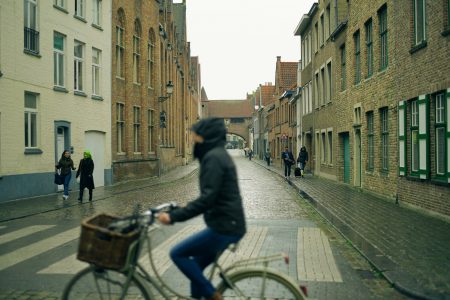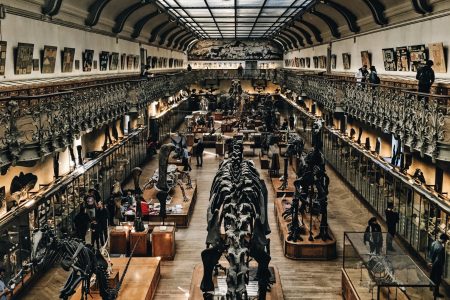This post was written by Mark Davies, HC Fellow, Linguistics Department Why do languages change? The answers that some linguists tended to give 100-150 years ago strike us as being quite absurd nowadays. For example, they sometimes looked to the physical environment as a motivation for language change, such as the fact that the Germanic …









